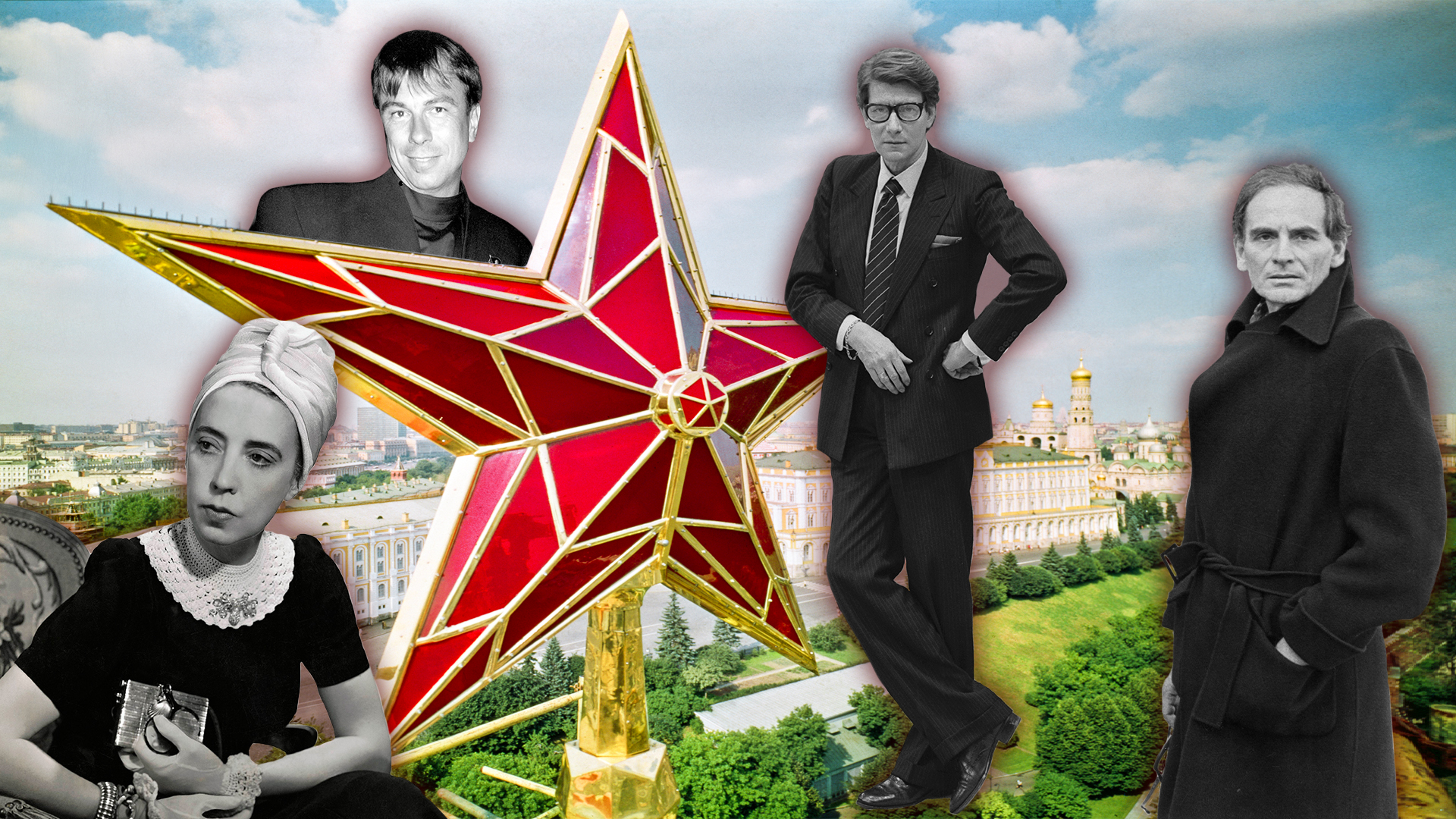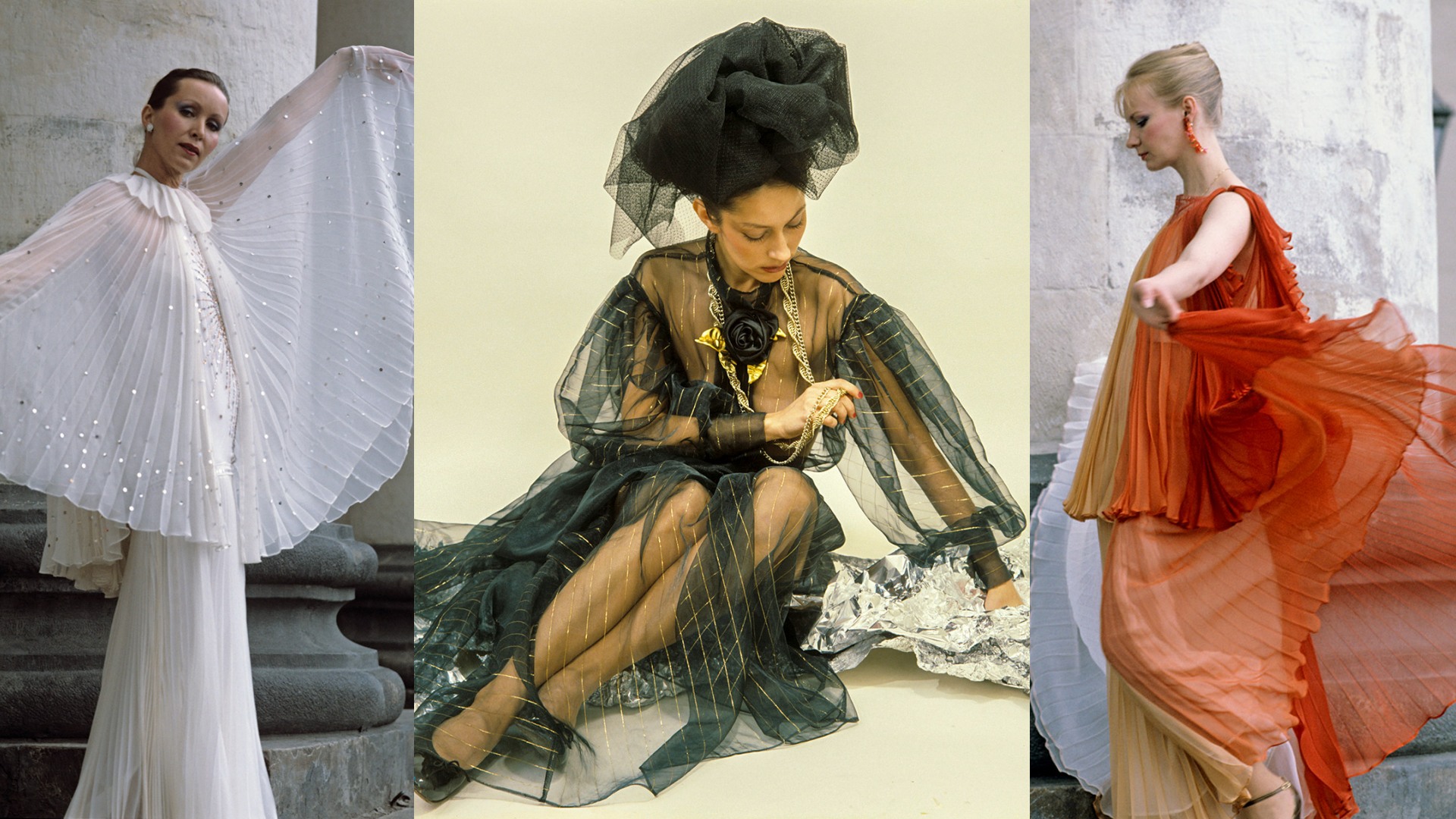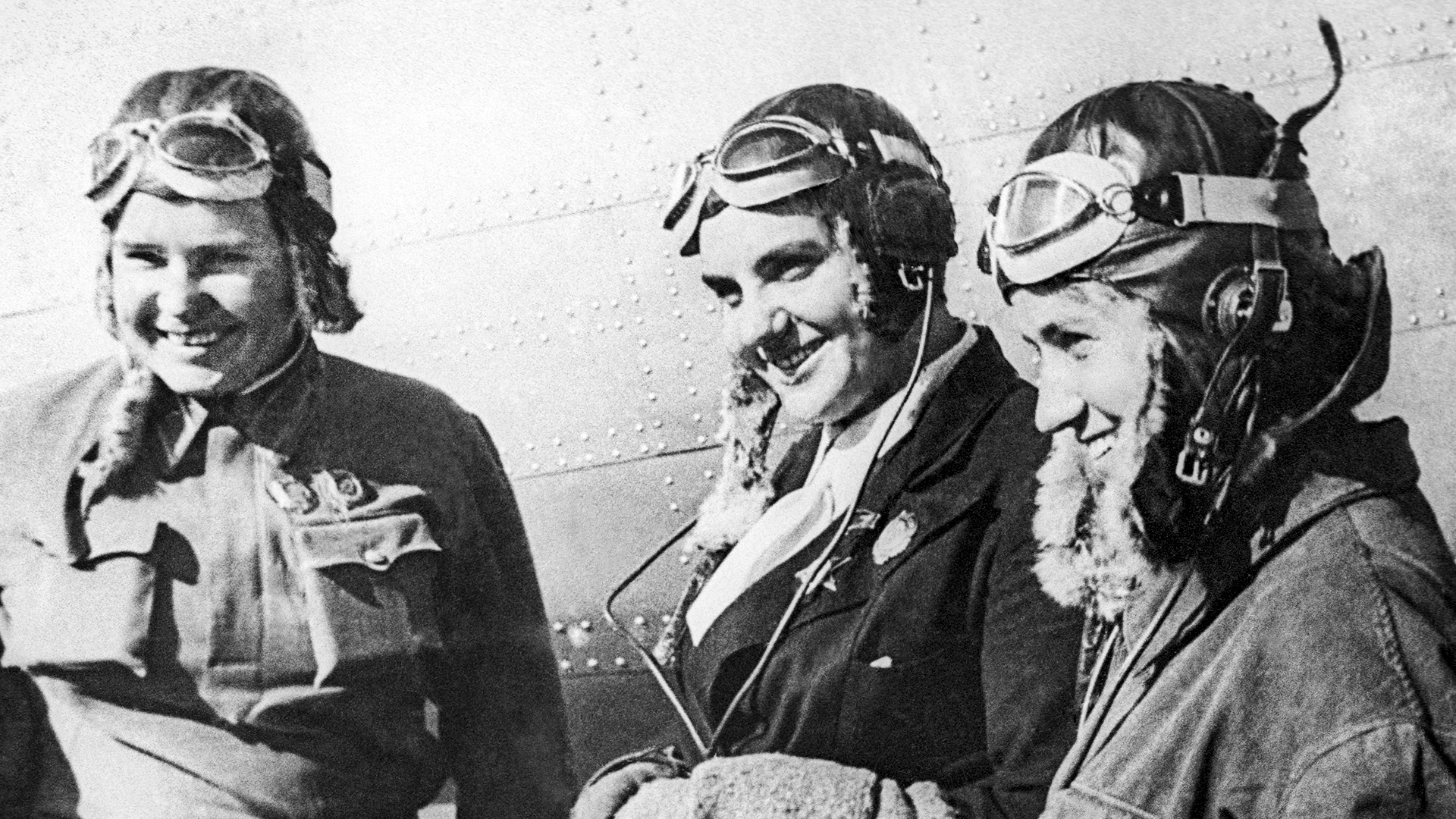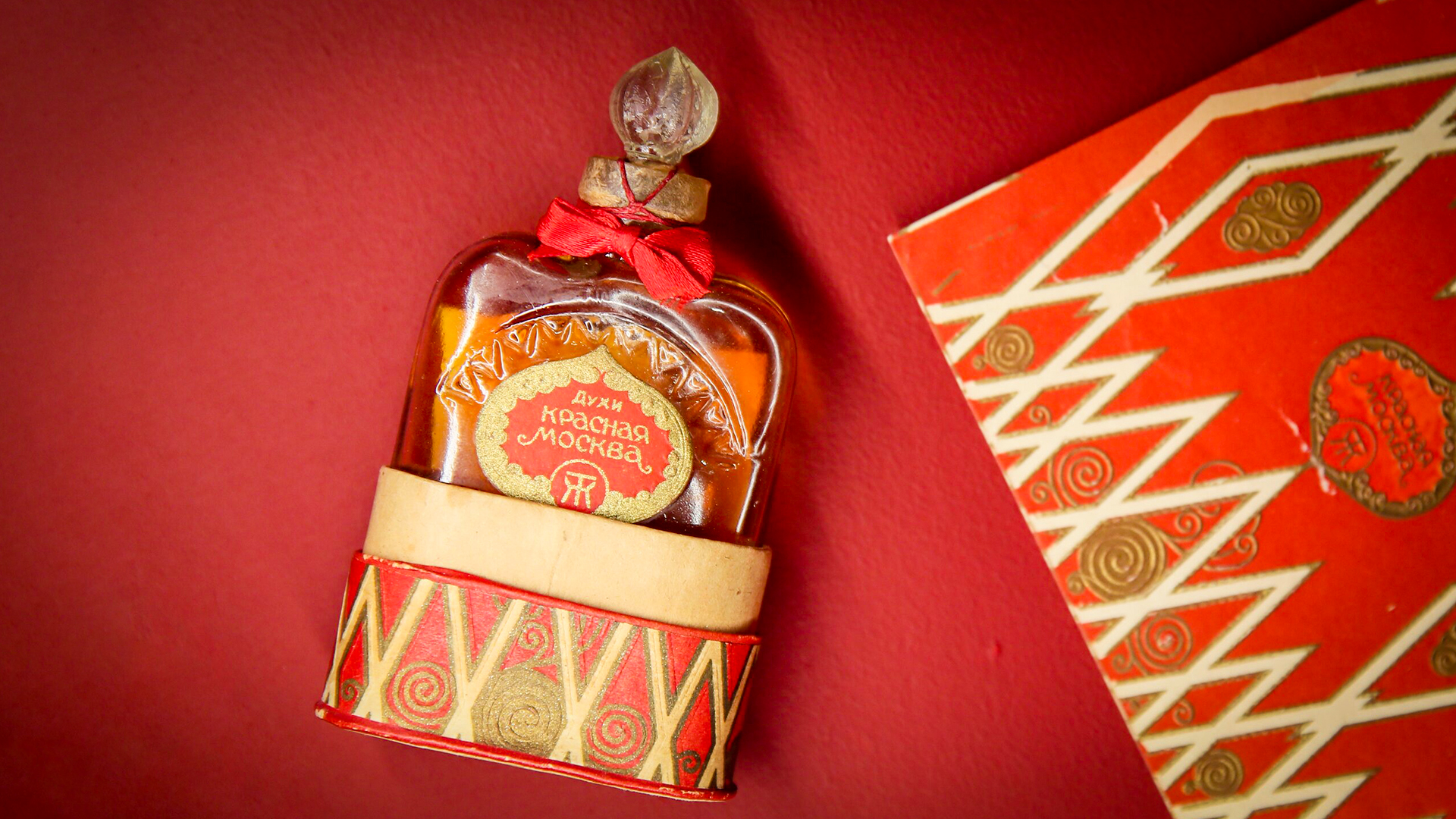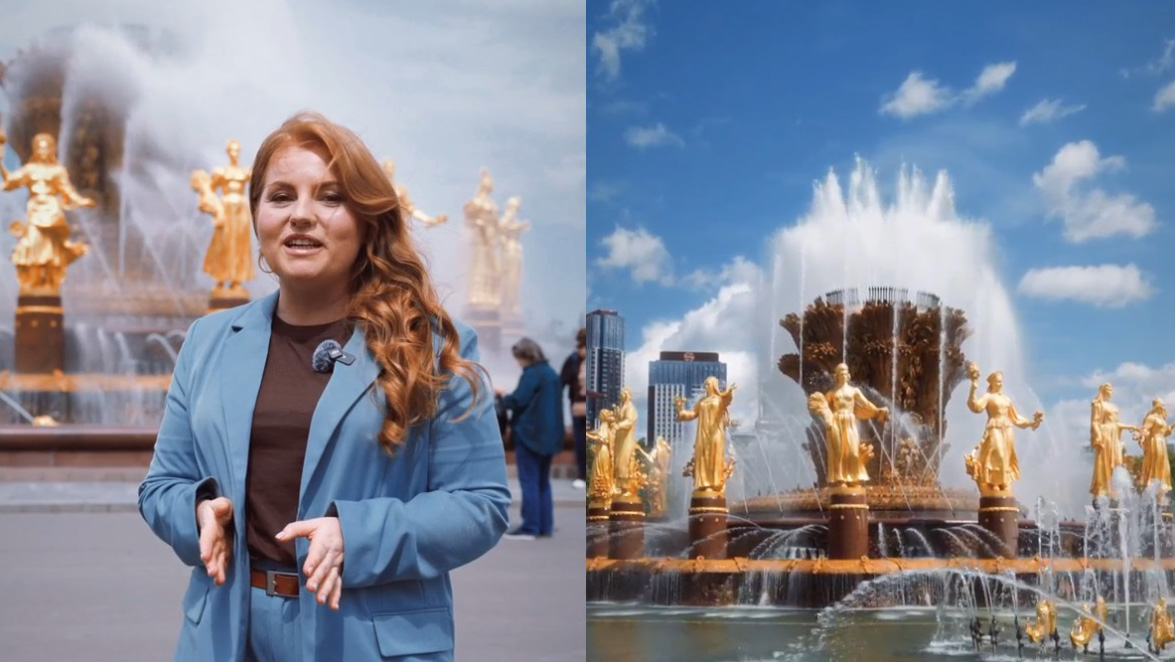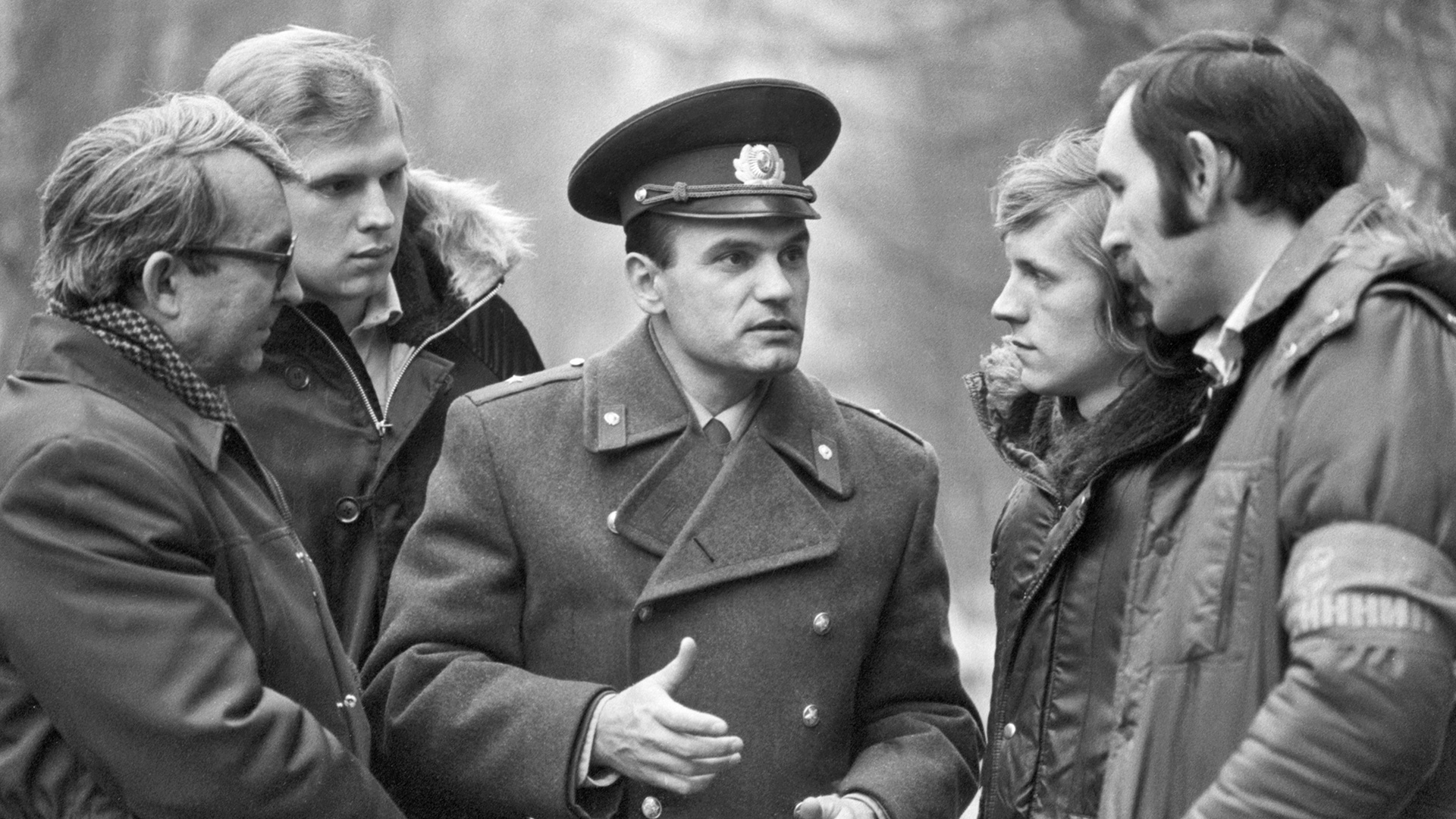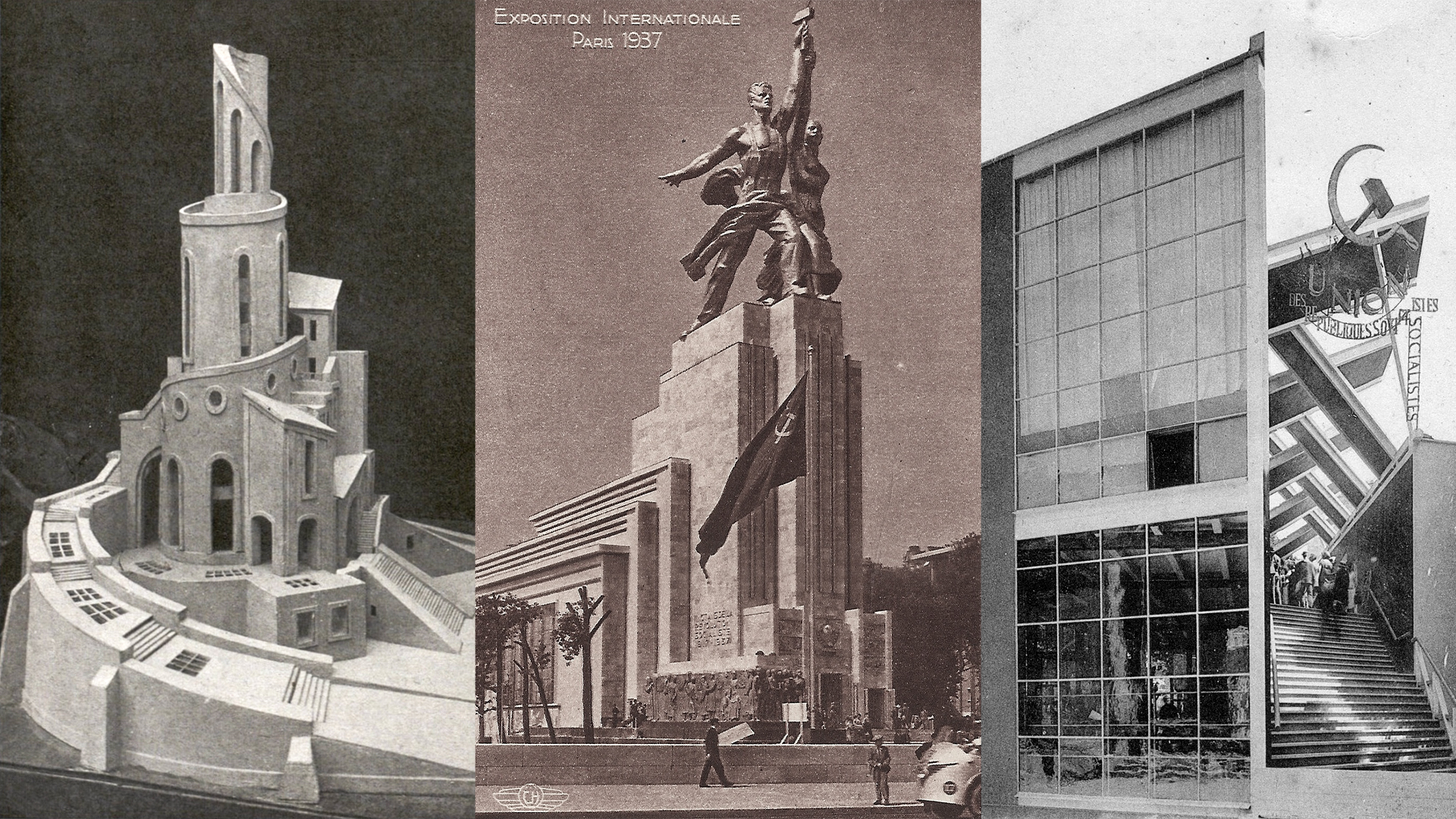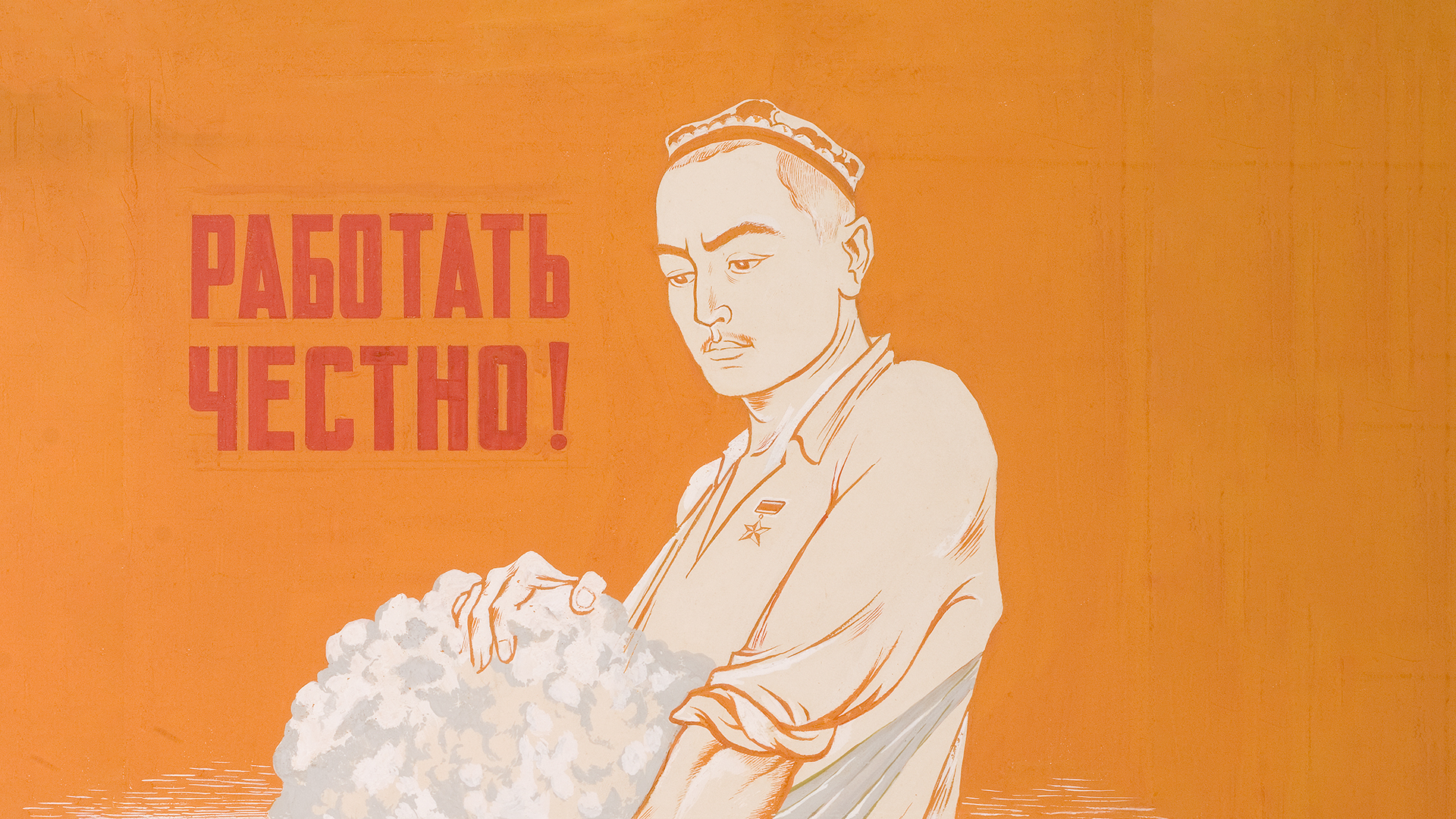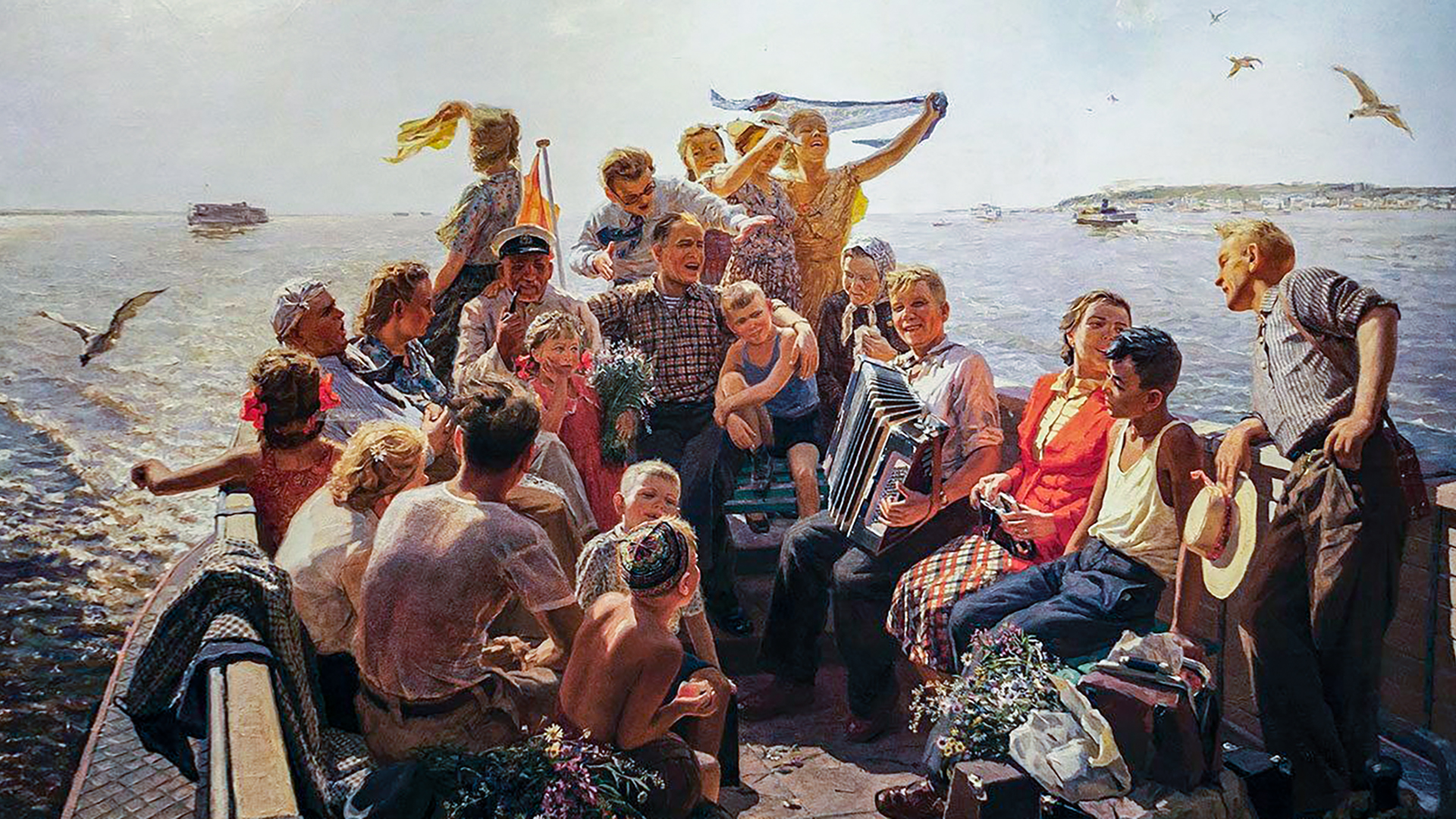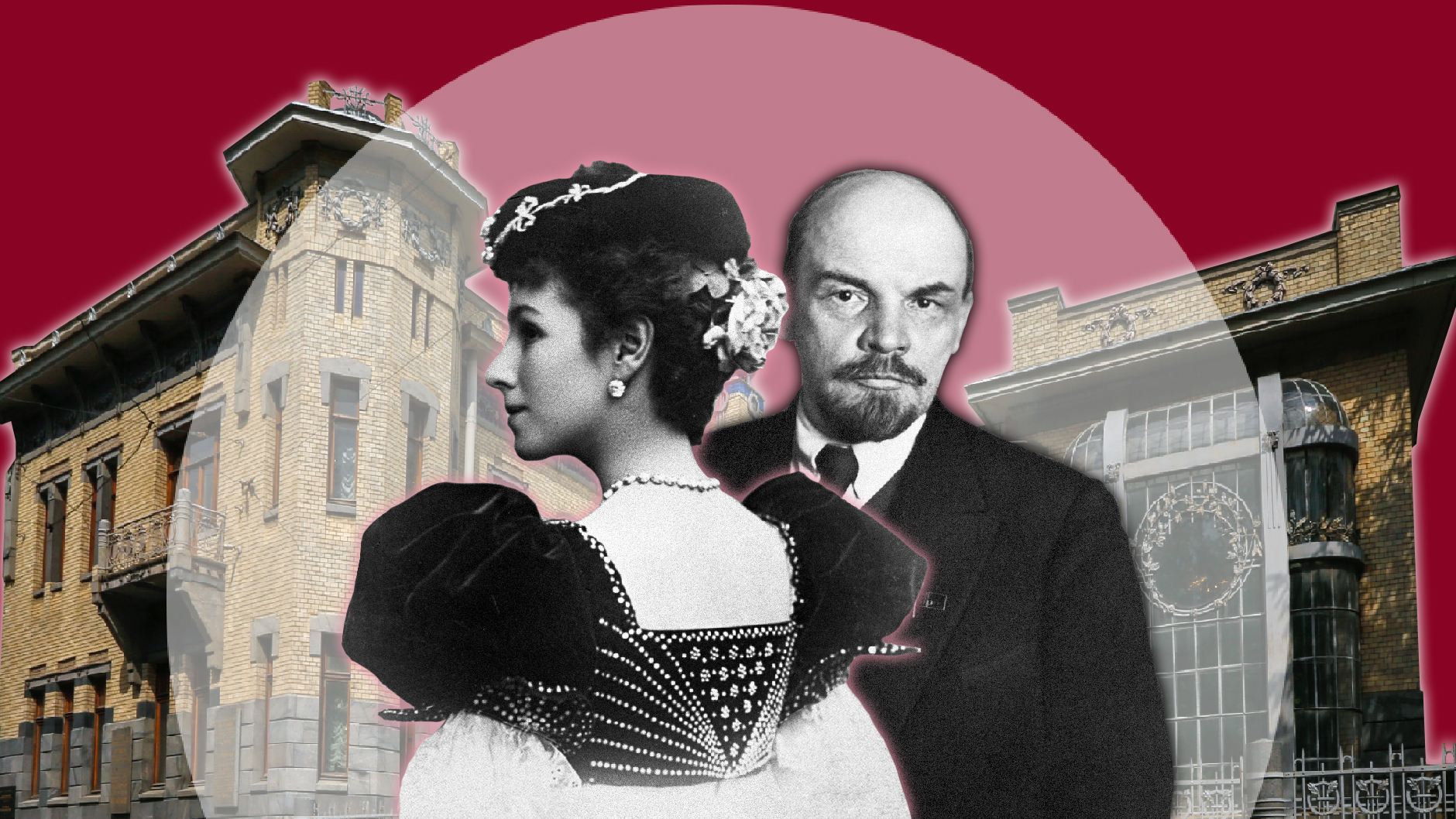
5 most famous defectors of the USSR (PHOTOS)

1 Mikhail Baryshnikov

Before defecting, Baryshnikov was a soloist ballet dancer at the Kirov Theater (now the Mariinsky Theater) in St. Petersburg, but he dreamed of more. So, he decided to leave the country. In 1974, while on tour in Toronto, Canada, he asked for political asylum. At Baryshnikov's first performance as a member of the American Ballet Theater, the audience called him back on stage more than 20 times. He danced in the company of the famous choreographer George Balanchine, starred in movies and even received an Oscar nomination, as well as becoming a photographer and director.
2 Svetlana Alliluyeva

In 1967, Joseph Stalin's daughter went to India, where she was supposed to scatter the ashes of her husband Brajesh Singh over the Ganges River. In Delhi, Alliluyeva went to the U.S. Embassy and asked for asylum. She left behind a daughter and a son in the USSR. After settling in the U.S., she published several books of memoirs and, after remarrying, took on a new name – Lana Peters. Alliluyeva went back to Moscow in 1984, but returned to the United States a few years later.
3 Rudolf Nureyev

In 1961, the Kirov Theater troupe went on tour to France. One of the artists, Rudolf Nureyev, was under special control of the KGB – they did not want to let him go on a trip abroad, but the French insisted. In Paris, the dancer behaved suspiciously freely: “He violated the rules of behavior of Soviet citizens abroad, went into the city alone and returned to the hotel late at night.” Nureyev was about to be sent back to Moscow and was even brought to the airport. But, the dancer did the impossible: he literally jumped out of the encirclement of security officers and told the astonished police that he wanted to stay in France. Rudolf Nureyev later said that he had made the longest, most exhilarating jump of his entire career that day.
4 Andrei Tarkovsky

In the Summer of 1983, a scandal broke out in Milan, Italy. At a press conference, the director of ‘Solaris’ (1972) and ‘Mirror’ (1975) announced that he would not be returning to the USSR. Shortly before this, Tarkovsky asked Philip Yermash, the head of ‘State Cinema’ (‘Goskino’), to extend his business trip in Italy. He had completed work on the film ‘Nostalgia’, which won the Cannes Film Festival's ‘Best Director’ award and wanted to stay there for another three years. But he was refused. So, he decided to take extreme measures.
5 Viktor Korchnoi

Four-time chess champion of the Soviet Union, twice winner of the ‘Candidates Match’. In 1974, he lost in a Candidates match to Anatoly Karpov and believed that his loss was unfair. In response, the chess player was banned from traveling abroad and the sanctions were only lifted a year later. In 1976, during a tournament in Amsterdam, Korchnoi refused to return to the USSR. He believed that, in his homeland, he had too few opportunities to continue his fight for the world champion title. He had to face a boycott by his compatriots and played against Karpov twice more. In 1990, Viktor Korchnoi was given back his Soviet citizenship, of which he had been deprived of.


